Training in values
Training in values
Leading with values
Leadership programme in attitudes and values for young professionals. The programme consists of theoretical/practical sessions that include personal work complemented by individualised mentoring.
Modality: Online (virtual classroom), with the possibility of presential sessions in Madrid.
Who is it aimed at?
Young professionals seeking tools to prepare them for the exercise of ethical leadership.

Programme structure
> 8 theoretical/practical sessions given by Borja Milans del Bosch
> 2 individual mentoring sessions
> 3 CEO talks you can attend
Programming
The programme is divided into 4 major modules of 2 sessions each. In addition, it includes attendance at the 3 face-to-face/virtual CEO Conversations events and the 2 mentoring sessions you will receive at the end of the programme.
Modules:
> Positive Mindset
> Ego vs Humility
> Courage in the face of adversity
> Human Values
TheMark
Training for trainers | moderators | mentors
Character development programme for teenagers in 7 modules (face-to-face sessions, activities and mentoring). The aim of the programme is to be able to become a good parent in the future, to be competent professionals, caring citizens and loyal friends.
Trainers who want to teach TheMark in their schools will have access, through Funciva, to the contents, methodology and training necessary to successfully implement the programme with their students.

Programming
4º ESO
Self-knowledge
Setting goals for the future
Effective study
Character and maturity
The importance of friendship
Leadership
What makes me happy?
1º Bachillerato
Emotional self-management
Superficiality and reflection
Dating, parenthood and family
Discovering your talent
Enjoyment in a plural world
Resilience and flexibility
Youth: a time for solidarity
BeCat
BeCat is a training project with several programmes
> Initiation programme for catechists
> Dating and marriage programme
> Quo Vadis programme. Christian anthropology and apologetics
Who is it aimed at?
BeCat’s training programmes are aimed at catechists and formators who want to be prepared to accompany and form families, young couples and catechumens.

The programmes
All programmes have an online format. They require a commitment of approximately 14 hours in a maximum period of 15 days. So far we have had the participation of more than 4,000 catechists in Spain and various Latin American countries.
Programación
Initiation for catechists
Module I
A paradigm shift
Introduction to Fathers
First steps
Involvement of Fathers
Family catechist
The priest in catechesis
Module II
Levels of implementation
Didactic principles
The Parish / The School
Module III
The virtual classroom
Educational technology
Available resources
Dating and Marriage
Module I
Getting to know each other
Dating and sexuality
The road to marriage
Does love come to an end?
A sacrament for love
The rite of marriage
Module II
Chastity in marriage
Open to life
Strengthening the union
What dangers lie in wait?
Happiness without values?
Educating children
Good practice course
This course explores the idea that a good ideology is the best support for developing an educational strategy. It presents the basic characteristics for drawing up a good educational project based on its mission. The course content and lectures are based on the experience of teachers who work in prestigious schools and who have been developing their educational project.
Who is it aimed at?
The programme is aimed at managers and teachers of schools with an ideology. In the first edition we have had the participation of 17 different institutions from Spain, Peru, Ecuador, Guatemala, Honduras and Argentina.

The programme
The programme is delivered online and is structured in 21 training sessions divided into 3 thematic blocks: Parents, Teachers and Students. Participants will be assigned a tutor who will provide personalised monitoring and support during the course.
Programming
1. Introduction
2. School-Family Communication
3. Interviews with parents of pupils
4. Interviews with pupils
5. Interviews with teachers. Educating freedom in freedom
6. Communication in marriage, the key to success in education
7. The role of the tutor, leader of the classroom
8. Exemplarity
9. Classroom work: running a class session
10. Work at home by pupils and teacher
11. Assessment, grading and exams
12. Ongoing formation: academic, human and spiritual
13. Coordination of the teaching staff
14. The rights of students
15. Pupils’ obligations
16. Reports, incidents and sanctions
17. Protection of minors; Plan for equality and treatment of pupils and families
18. Internal order issues (breaks; canteen; uniform; accident protocols; use of mobiles)
19. Academic aspects
20. Training resources
21. Conclusions
Teacher leadership
The Teacher Leadership course is a continuous teacher training programme, which aims to provide support to teachers and promote an improvement in the teaching-learning process.
Who is it aimed at?
The course is aimed at teachers of all grades and subjects, as well as schools that want to promote and encourage the continuous training of their teaching staff.
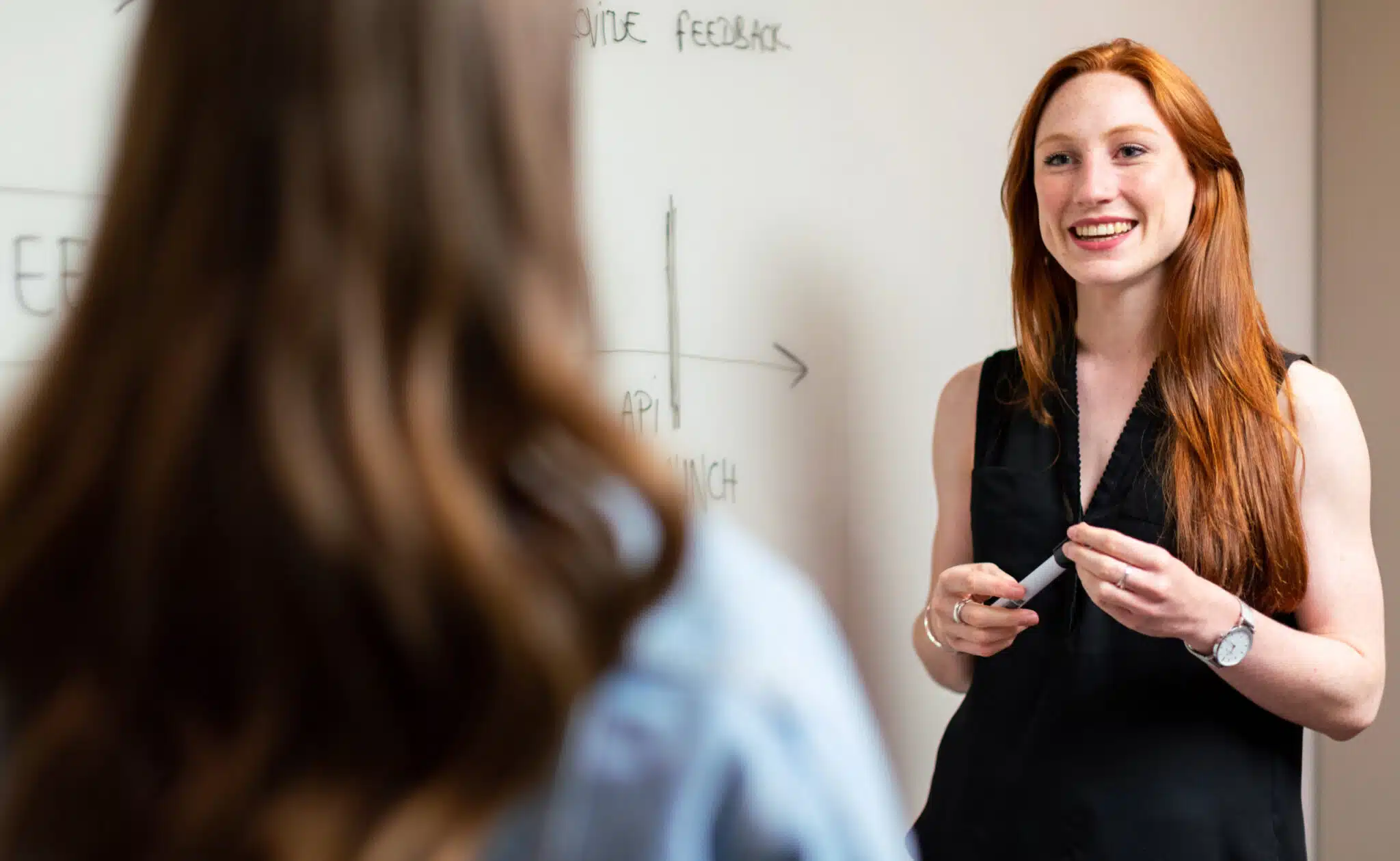
The programme
> Online course (Google Classroom)
> Taught by practising teachers
> Do it at your own pace
> Estimated time: 6 hours
Programming
First things first
> Culture of governance at school and in the classroom
> Culture of communication and transparency
Teaching and learning: learning and teaching
> Evaluate to grow
> Programming revolution
> The guidance department
Digital environment: 21st century and more
> The 21st century class
Teachers 2.0
> Teacher leadership
> Personal mentoring with the family
EducaVirtual
This course explores the idea that a good ideology is the best support for developing an educational strategy. It presents the basic characteristics for developing a good educational project based on its mission. The course content and lectures are based on the experience of teachers who work in prestigious schools and who have been developing their educational project.
Who is it aimed at?
The programme is aimed at schools and teachers seeking a digital transformation, improving their teaching process and making students active participants in their learning process.

The programme
Our programme has 48 subjects hosted in Google Classroom, from Primary to Secondary
With each subject we offer:
> Study material for the student
> Material for the teacher: table of contents, syllabus, Google Slides presentations for the classes
> Activities: assimilation, revision and competence activities
> Resources: videos, readings, gamification tools and more
Who are we?
Our team is composed of 7 academic coordinators, 3 pedagogical advisors, 2 technical advisors, 7 editors and a group of active teachers, pioneers in the digital transformation of their schools and in charge of content development.
Schools we work with



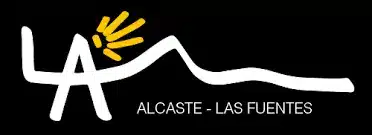
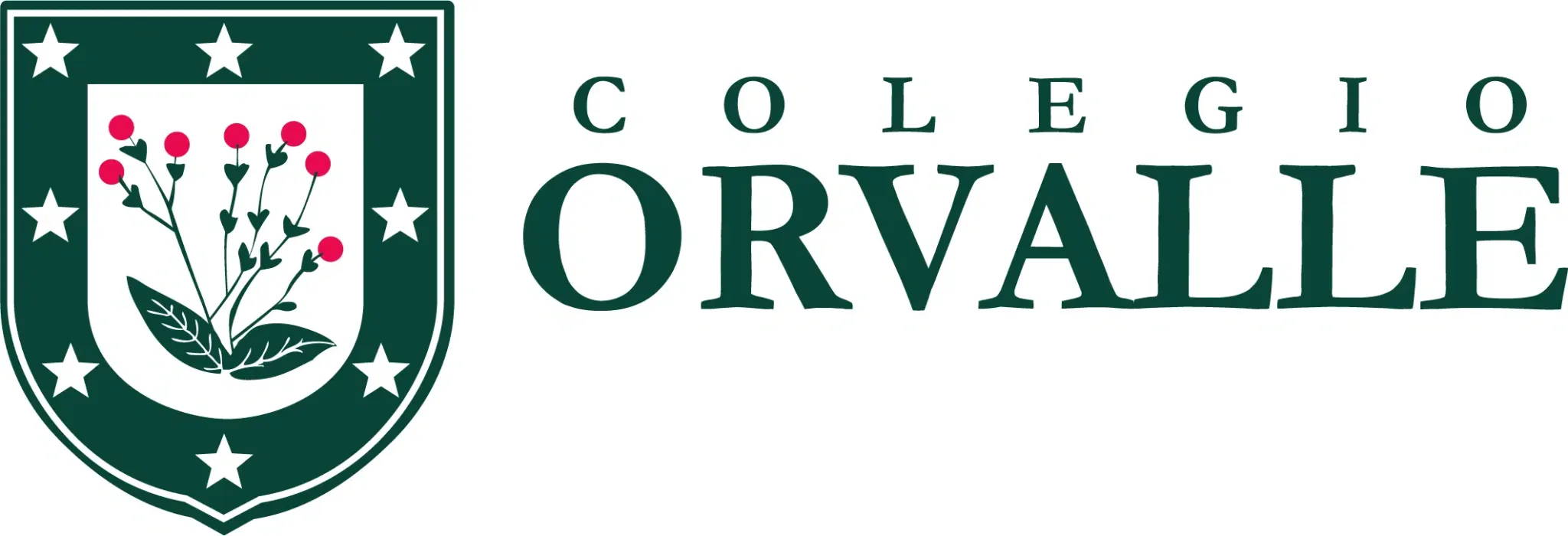
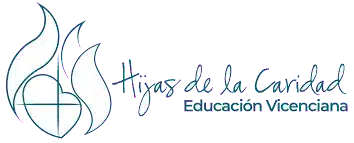
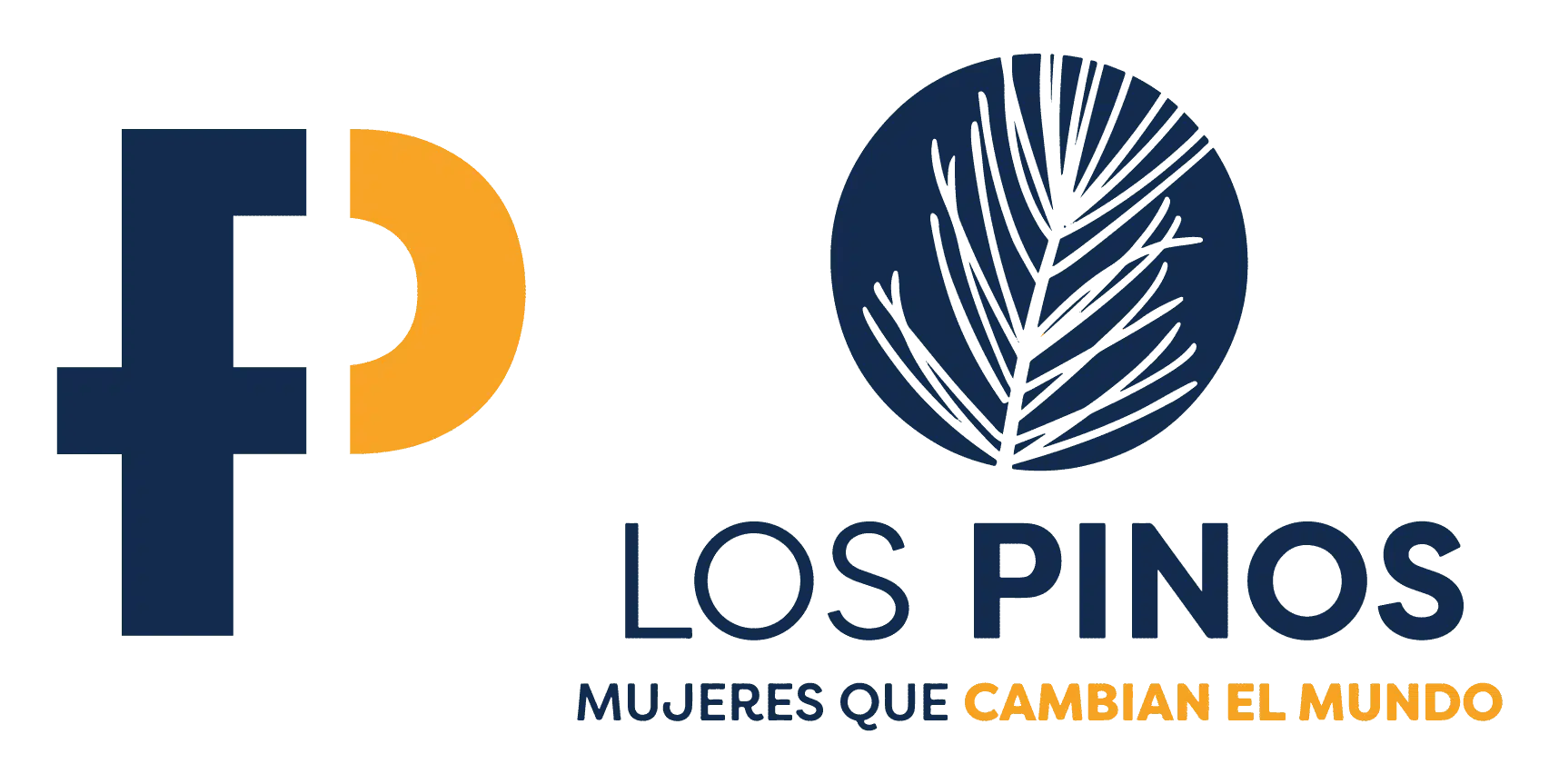
Public and social impact
(PIPS)
A programme for young people with a vocation for public service based on values, the aim of which is to provide them with tools that will enable them to successfully assume leadership roles.
Who is it aimed at?
The programme is aimed at young people between 25 and 35 years of age with an outstanding academic, professional and extracurricular background, with communication, leadership and teamwork skills and, above all, with a clear vocation for public service based on values.

How to pre-register?
The registration period is closed, leave us your contact details and we will notify you for the 3rd edition of the programme!
To enter the selection process it is necessary to fill in the pre-registration form and attach a CV and a letter of motivation. You must also record a short video interview in which you answer the following questions, with answers of no more than 2 minutes each.
1. What three values define you?
2. What public or social challenge in Spain would you like to solve? What do you plan to do in your daily life to be part of the solution?
3. What leadership model defines you? Tell us an example in which you have applied it.
The video must be sent by email to info@funciva.org
The programme
Our programme is designed to answer the 4 main questions that public and social leaders must ask themselves in relation to their influence with the world: why influence, how to influence, what to influence and, finally, from where to influence.
Catholic Voices
A method of communication based on listening and dialogue through which we can defend our faith in any environment, whether in our professional environment, our immediate personal environment or even in the media. The method helps to develop the communicative skills necessary to be able to discover, through empathy, the framework of shared value and the true message of any moral debate.
Training in the Catholic Voices method is particularly relevant in educational settings, such as schools or parishes, where it is essential that educators are well trained to be able to convey clear messages to young people and give them the tools to successfully navigate any situation.

Our first steps
In November 2021 we start the new Catholic Voices project in Spain. With the desire to train and disseminate the method, we have held several Speakers’ Courses in Madrid with the collaboration of the Fundación in which, in addition to learning to communication, we have been dealing with moral issues of social significance. So far, thanks to all of you, the project has been a success, so in January 2023 we are launching a THIRD edition of the EDITION OF THE SPEAKERS’ COURSE!
Are you going to miss it? Pre-register in the form and don’t miss your place.
What do we want to achieve?
With the help of Jack Valero, co-founder of Catholic Voices, we want to reach young people and train them in the tools they need to successfully defend their faith. In order to reach as many young people as possible, we want to create a community of speakers who want to be trained in this method and participate in the most current moral debates with a double objective: to learn from themselves and to teach the young people around them.
We make a special appeal to the educational community, teachers and trainers in the profession who want to make a real and lasting impact on the education of our young people.